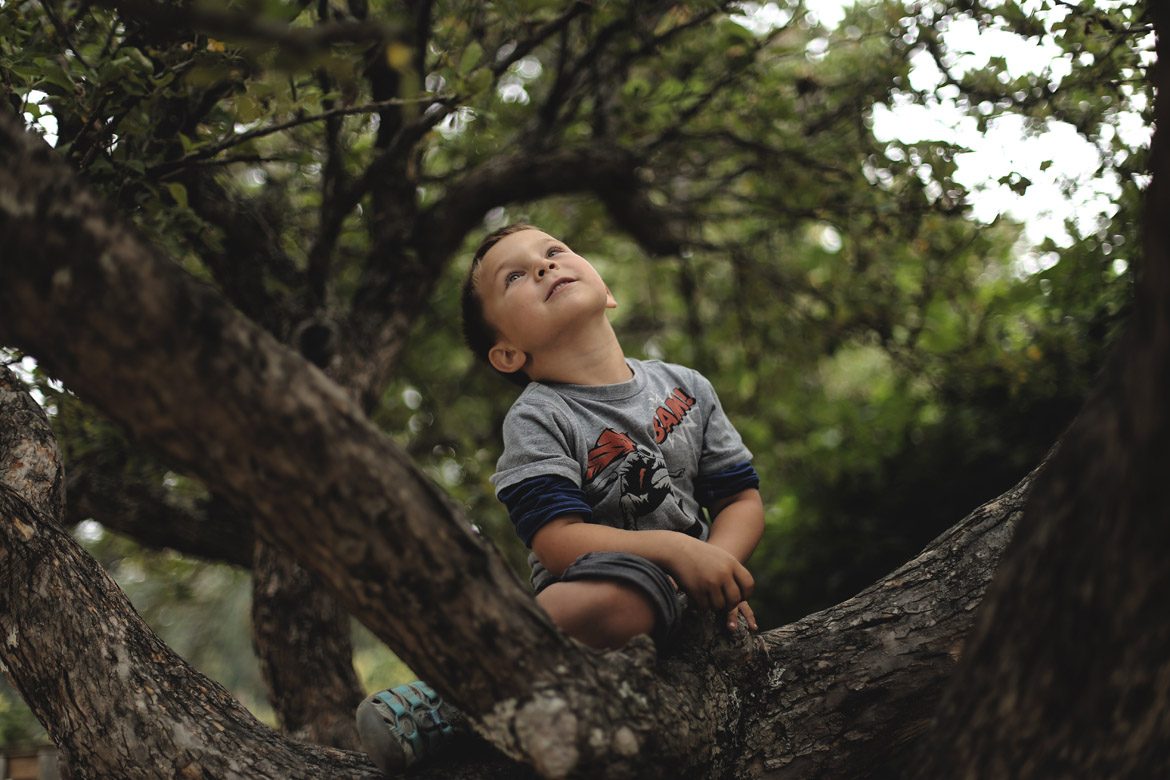By Bonnie Harris
No matter the child, no matter the situation, waiting for emotions to cool and for the situation to pass, can make all the difference in your ability to connect.
The following is a story from the mom of an Aspergers child:
As we drove to school one Monday morning, out of the blue my ten year old son said, “Mum, I want to say sorry for what happened on Thursday.”
My son is an ‘Aspiekid’ – he has traits of Aspergers, meaning he was born with a different kind of ‘wiring’ in the brain than most of us. One result of this is that he sometimes gets very distressed about things that others would consider insignificant or even “stupid” to get upset about. He finds it harder than most people to move past these upsets, and when this happens I call it “getting stuck”.
“What happened on Thursday” was that he got “stuck” on a very small additional homework task, became very distressed and was emotionally and mentally unable to complete the task. Instead, after about an hour of distress, unable to calm down any other way, he fell asleep.
When I first began learning Connective Parenting, I used to think it didn’t always work, because Bonnie says that children respond to fairness and logic – while a child in an Aspie meltdown certainly does not. But I was making a mistake – skipping over the second step in the connective process. The first step is to acknowledge my child’s difficulty, the next is to wait – for as long as it takes. I learned the hard way that it doesn’t matter how long it takes, because there is simply no point trying to move to the next step – working out solutions – until the agitated person (child or adult) can get calm. For my son, that often takes a long time, but no matter how long it is, I simply have to wait.
The first step is to acknowledge my child’s difficulty, the next is to wait – for as long as it takes.
I also thought Connective Parenting couldn’t help with certain problems because the cause of the problem was “somewhere else” – for example, at school or his dad’s. Every time I said this, Bonnie replied that Connective Parenting can always help. She is right. The beauty of Connective Parenting, actually, is that it works even if you can’t control the underlying cause of the problem or even know what the problem is. Because the triggers are often so tiny and so irrational, Aspie distress does seem to come from “somewhere else”, like a poltergeist entering the room; and in a way that’s true, since it stems from something or somewhere no-one can really name.
However, at these moments, the central concept of Connective Parenting, that the child is “having a problem, not being a problem”, is the key. My son does not choose to get “stuck”; he does not intentionally get upset, and his distress is genuine and heartbreaking – it’s not a tantrum. When this happens, he doesn’t need to deal with an added layer of guilt and remorse by being made to feel he’s “misbehaving” or making me unhappy. He’s not causing a problem; he’s struggling. My job is to help him learn how to get “unstuck” in his own way and time.
When my son apologized, it took me by surprise. I replied, “You don’t have to be sorry! There’s nothing to be sorry for, you got upset and you don’t have to be sorry about that.” He then told me that his teacher had told him he must say sorry, and he didn’t want to lie to her, nor get in trouble for not doing what she asked.
Something about the apology disturbed me. Connective Parenting has taught me to think about what’s going on for myself as well as my child, in any situation, so during the day I pondered what felt wrong about this. Then I chose a moment when we felt connected and had time to pay attention to one another. I told him that I wanted to say something about the incident.
I told him I liked that he did what his teacher had asked him to do, and that I liked how he didn’t want to lie. And I said that I thought saying sorry might have been a hard thing to do – that I would have found it hard if I was him. Instantly and fervently he replied, “It was hard”. Such an admission from an Aspie child about an emotional experience showed just how important my acknowledgement was for him. Every time the two of us make that kind of connection, where he feels really understood and accepted, it builds trust to help the two of us to deal with his “difficulties” better.
See next page for the rest of the article…











